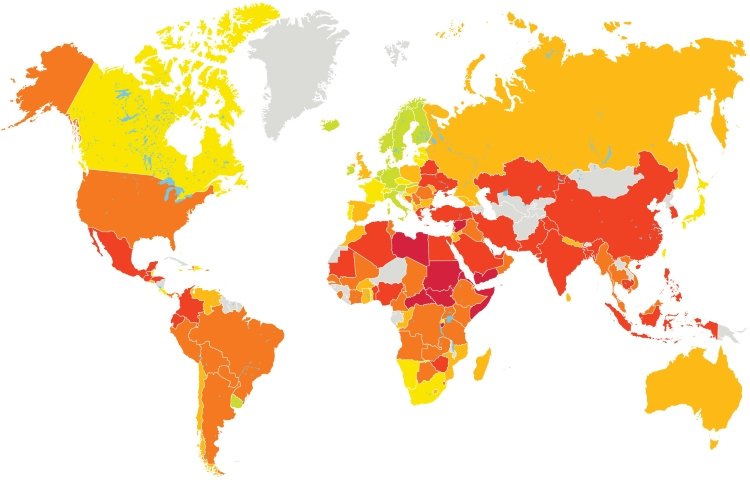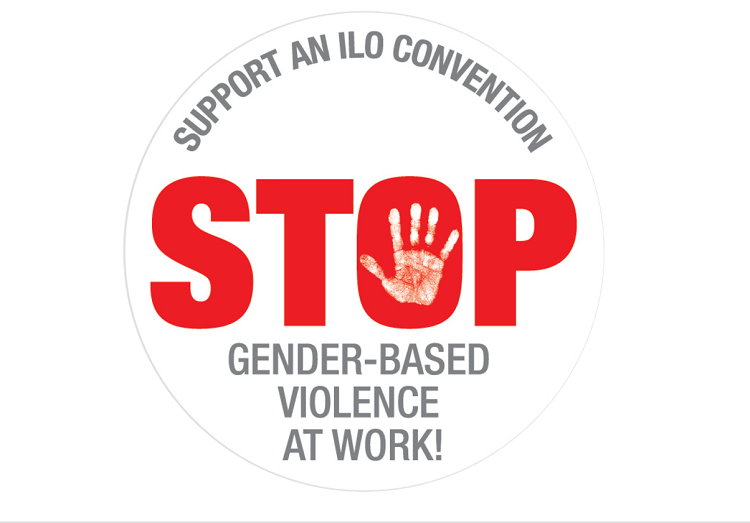With the crisis splashing beyond the economic/financial/fiscal policies and impacting the efficiency of democratic systems and institutions - triggering social unrest in a number of cases trade union face new type of challenges. From that angle the executive committee focused on the forthcoming key chances for trade unions to advance their positions: the 9th ILO European Regional Meeting (ERM) in Oslo, April 2013; the ITUC Building Workers Power action plan for a global campaign; the Eastern Partnership Civil Society Forum developments. On a more practical level these involved: the next steps in the process of preparation for the ERM – finalizing the reference notes, shaping national delegations and respective roles for participants, approved PERC activity report for 2012-13 and the activity programme for 2013-14 as well as the reports and plans from the PERC Women’s and Youth Committees. The meeting was chaired by the PERC and the FNPR President Mikhail Shmakov.
In her communication the PERC General Secretary Bernadette Segol referred to failing austerity policies approach in Europe that lead to double digit unemployment figures, with youth unemployment being higher than 50% in certain countries, with flexibilisation of labour markets and increasing pressure for restructuring/dismantling collective bargaining systems in the region. The unions are demanding alternative policies - of investment and economic solidarity, social dialog and respect to workers’ rights – in numerous actions and manifestations around the continent. There is an attack on the ILO norms and structures and Europe is in the centre of this approach. The European trade unions need to mobilise against the attacks and to preserve the ILO and the European Social Model.
A number of specific national situations were discussed in details, in particular, the further anti-workers policies in Belarus, where the President of the country de jure and de facto installed forced labour in wood-processing industry. In Greece the troika has actually destroyed collective bargaining and continues demanding budget cuts despite widespread poverty and misery that such policies – that serve interest of financial circles – brought to its population. In Ukraine the monopolies are squeezing money from the population, the illegal mining business continue taking lives, while 7 million of citizens left the country in search of work.
PERC Executive Secretary reported about the main PERC activities and in particular about the success of subregional networks of trade union experts – in Balkans and NIS, where trade union economists and legal experts are discussing key policies linked to particular priorities for the organisations such as pension reforms and taxation system development, informal economy and corruption impact, etc. The work of NIS health and safety specialists network did already result in a sub-regional tripartite conference supported by the EU, while in the Balkans a new project was started to address the issues of corruption and shadow economy. He presented the PERC activity programme for the next period 2013-14 , which was approved by the Executive Committee. The PERC Youth and Women’s Committees presented their work and working plans.
Eastern Partnership Civil Society Forum developments were reported by Anton Leppik, PERC adviser. The participants proposed to widen the debate about relation of unions with other actors of the civil society and to foresee a specific event at PERC level on that.
Raquel Gonzalez, ITUC Genève Office Director and Secretary of the ILO Workers Group presented to participants the procedures and the programme of the ILO European Regional Meeting. The PERC Executive approved the draft reference papers prepared by the PERC and the ETUI and discussed possible scenarios at the conference and the steps individual organisations can undertake in the meantime to approach and lobby national organisations of employers and governments. Such initiatives can contribute to creating more space of overlapping interests, facilitate final negotiations and bring about conclusions that will strengthen the role of the ILO and will be useful for everyone in the years ahead.
The ITUC General Secretary Sharan Burrow presented Building Workers Power action plan, the ITUC campaign on workers’ rights in Qatar, the organising agenda of the ITUC, and also reported on recent G20 labour and finance ministers meeting in Russia and meeting with the IMF Managing Director. In that line again the crucial role of initiatives of national organisations has been underlined to expand the social base of trade unions and generate more power in areas of industrial relations and social policy but also in the policy process – now vital for shaping national/regional responses to crisis.



